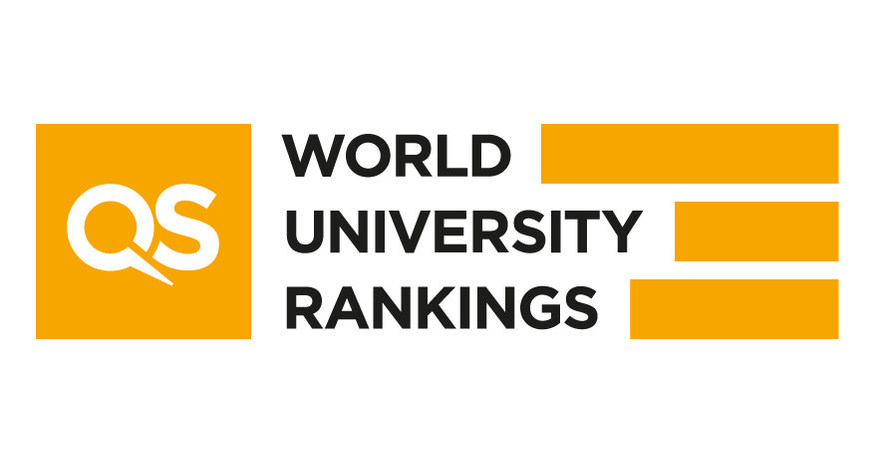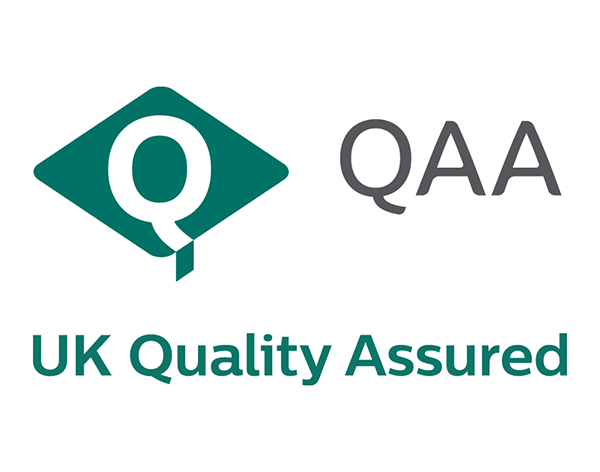The financial world is vast and complex, and pursuing higher education in this field can bring countless opportunities for personal and professional development. If you are considering a master’s degree in finance, the Master of Science in Finance (MSc in Finance) or the Master of Finance (MFin) may be the ideal choice for you. In this article, we will discuss the benefits of pursuing a master’s degree in finance and outline the curriculum of both the MSc in Finance Programme and the Master of Science in Finance Programme.
Master of Science in Finance (MSc in Finance): Overview
The MSc in Finance Programme is a postgraduate degree that aims to provide in-depth knowledge of finance and its various sub-fields, such as investments, risk management, and financial analysis. The program is designed to equip students with the skills and knowledge necessary to excel in various finance-related roles and industries. The curriculum typically covers topics such as corporate finance, financial markets, quantitative methods, and financial modeling.
Master of Finance (MFin): Deeper Dive
Similar to the MSc in Finance Programme, the Master of Science in Finance Programme is also a postgraduate degree, but its focus or curriculum may vary slightly depending on the educational institution. Many Master of Finance programs emphasize practical skills and industry connections to prepare students for leadership roles in the finance field. Core subjects may include financial engineering, derivatives, portfolio management, and financial regulation.
Benefits of Pursuing a Master’s Degree in Finance
Whether it’s the MSc in Finance Programme or the Master of Science in Finance Programme, a master’s degree in finance offers the following benefits:
Improved Career Prospects: A finance master’s degree can help you attain higher-level positions and better job opportunities in the highly competitive finance industry.
Increased Income Potential: Individuals with a graduate-level finance degree may have the potential to earn higher salaries compared to those with only a bachelor’s degree.
In-Depth Understanding: Pursuing a finance master’s degree allows you to delve deeper into the world of finance, acquire specialized expertise in specific areas, and gain a comprehensive understanding of the entire industry.
Networking Opportunities: Many finance master’s programs provide students with opportunities to build connections with industry professionals, alumni, and fellow students, which can be invaluable for future career development.
Skill Development: A finance master’s degree helps you develop critical skills, such as critical thinking, problem-solving, and advanced financial analysis, which can be applied to various roles and industries.
Choosing the Right Program: MSc in Finance Programme vs. Master of Science in Finance Programme
When considering a master’s degree in finance, it is essential to carefully evaluate your options and choose a program that aligns with your career goals and interests. While both the MSc in Finance Programme and the Master of Science in Finance Programme provide a comprehensive finance education, their curricula and emphases may differ.
To make the best decision, research various programs, compare their course offerings, and consider factors such as program duration, faculty, and alumni network. By taking the time to thoroughly understand your choices, you will be closer to finding the finance master’s program that is the best fit for you.
Whether you choose the MSc in Finance Programme or the Master of Science in Finance Programme, pursuing a master’s degree in finance will be a rewarding and transformative experience. The advanced knowledge and skills gained through a Master of Finance program will prepare you to excel in the dynamic finance world and achieve your career aspirations.












